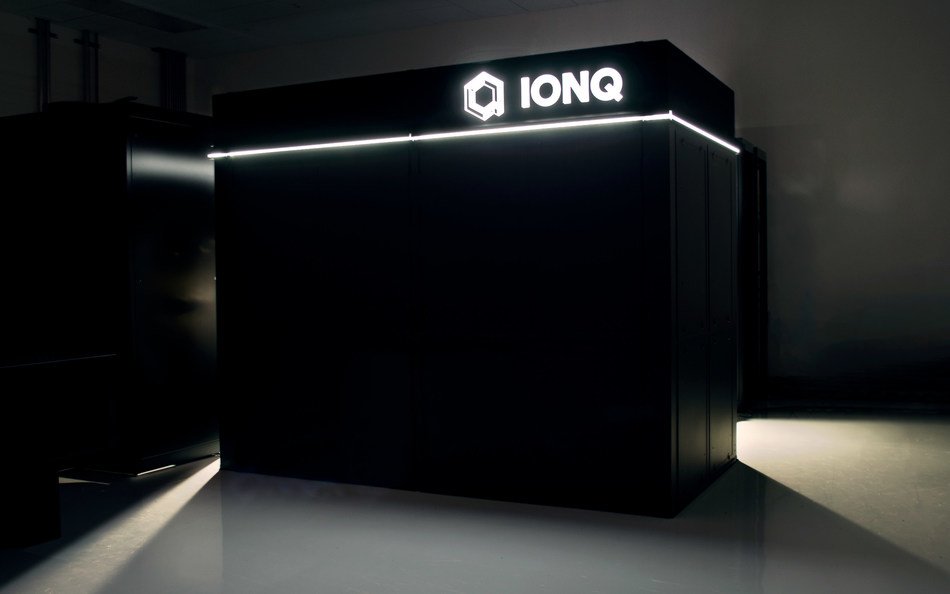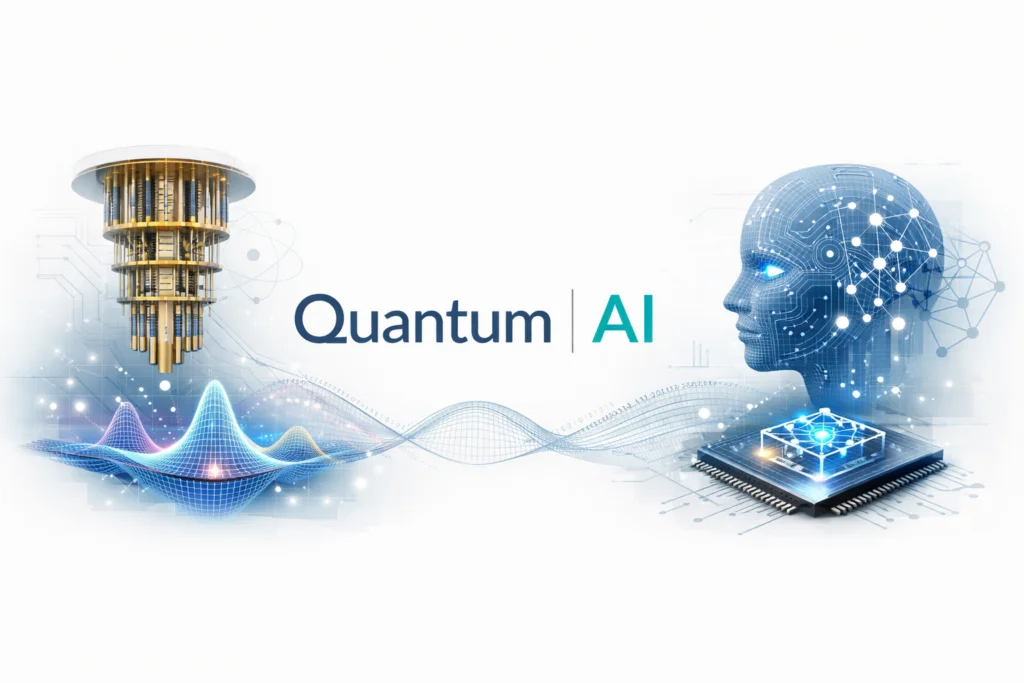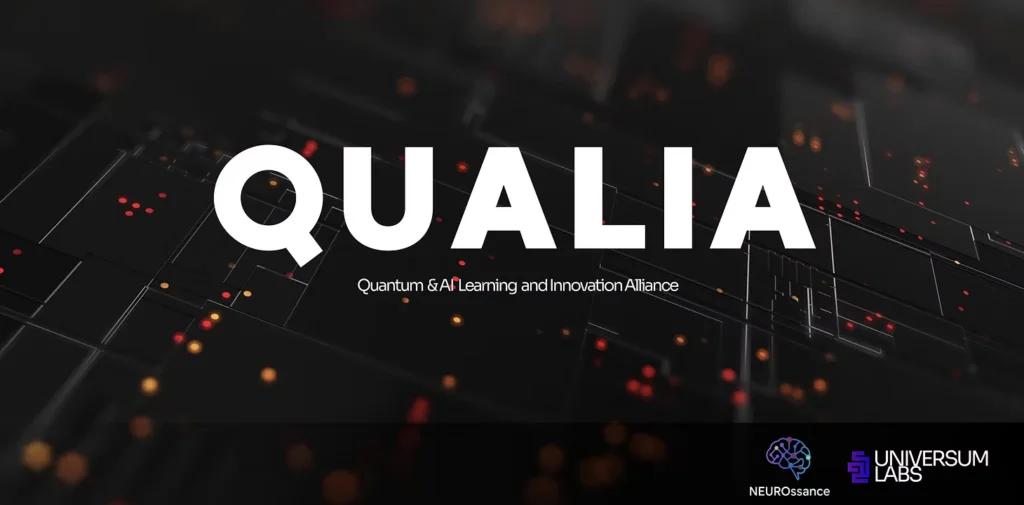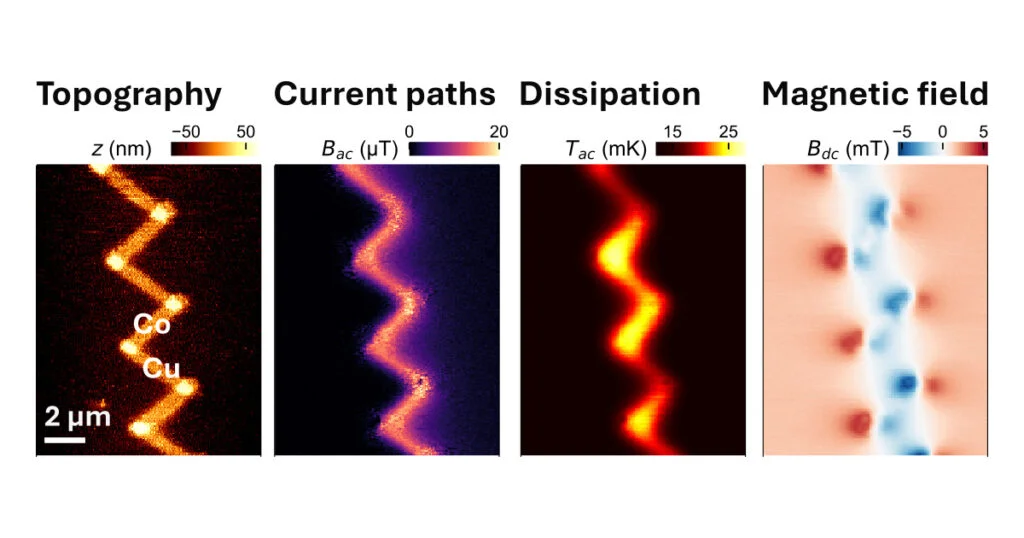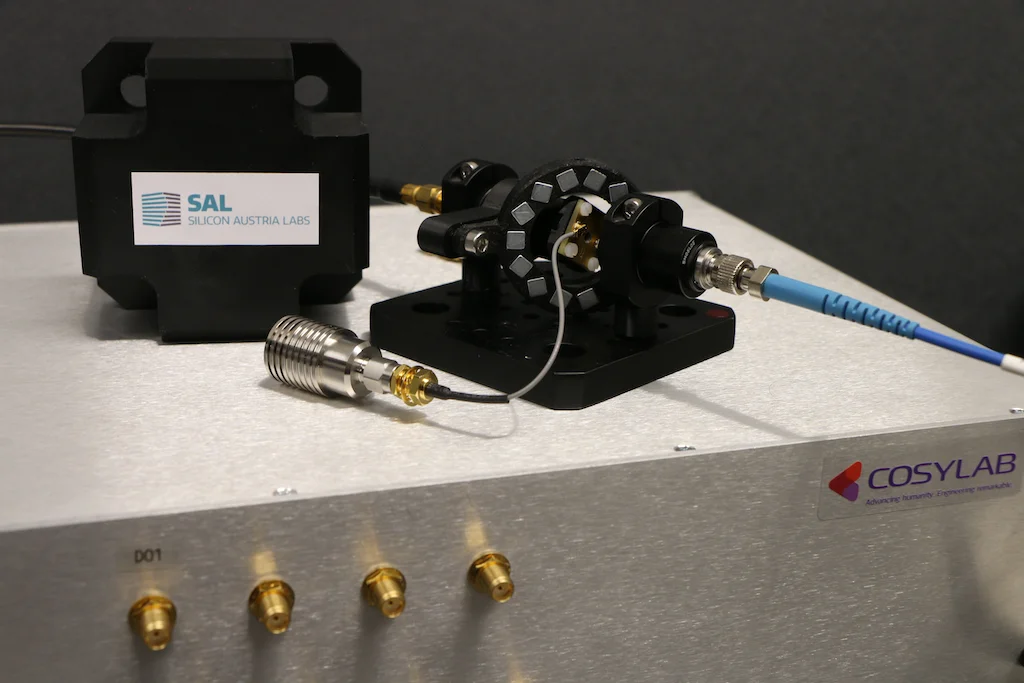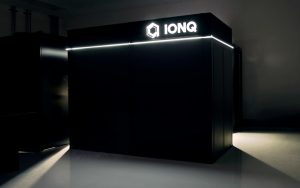
IonQ unveiled its next generation quantum computer system, according to a news release. The new hardware features 32 perfect qubits with low gate errors, giving it an expected quantum volume greater than 4,000,000.
According to the release, the new system consists of perfect atomic clock qubits and random access all-to-all gate operations for efficient software compilation of applications. It will be first available via private beta, and then commercially available on Amazon Braket, where IonQ’s 11 qubit system is generally available for customers today, and Microsoft’s Azure Quantum. Pre-existing IonQ customers and partners, including 1QBit, Cambridge Quantum Computing, QC Ware, Zapata Computing and more are excited to experience the benefits of the new system, enabling them to drive towards the first wave of quantum applications.
The company’s trapped-ion quantum computers have a proven track record of outperforming all other available quantum hardware. With this new iteration, IonQ continues to lead the quantum computing field into the future. IonQ is already working on its next two generations of quantum computers, with each new system expected to be both exponentially more powerful and smaller in size than the last.
“In a single generation of hardware, we went from 11 to 32 qubits, and more importantly, improved the fidelity required to use all 32 qubits,” said IonQ CEO & President Peter Chapman. “Depending on the application, customers will need somewhere between 80 and 150 very high fidelity qubits and logic gates to see quantum advantage. Our goal is to double or more the number of qubits each year. With two new generations of hardware already in the works, companies not working with quantum now are at risk of falling behind.”

The team said it’s based on many years of research.
“The technology underpinning IonQ’s new system is based on decades of proven research and advancements, and our unique architecture provides essential computational efficiencies as the system scales up,” said IonQ Co-Founder & CTO Jungsang Kim. “This cornerstone moment provides the foundation for IonQ to rapidly grow and continue to perfect our systems.”
IonQ Co-Founder & Chief Scientist Chris Monroe said that the latest version is pushing the boundaries of what a quantum computer can do.
“Demonstrating the first successful quantum logic gate in 1995 was almost an accident, but doing so opened a path forward towards deploying quantum computers on previously unsolvable problems,” said Monroe. “The new system we’re deploying today is able to do things no other quantum computer has been able to achieve, and even more importantly, we know how to continue making these systems much more powerful moving forward.” One way is to fix errors through circuit encoding, capitalizing on a recent demonstration of quantum error correction in a nearly identical system. Monroe says “with our new IonQ system, we expect to be able to encode multiple qubits to tolerate errors, the holy grail for scaling quantum computers in the long haul.” This encoding requires just 13 qubits to make a near-perfect logical qubit, while in other hardware architectures it’s estimated to take more than 100,000.”
Algorithms have already been tested on the machine, according to IonQ partners.
“We design quantum machine learning algorithms to drive performance on near-term hardware,” said Iordanis Kerenidis, Head of Algorithms International, QC Ware. “We collaborated with IonQ in implementing QC Ware’s quantum classification algorithm on their system, and the excellent results attest to their unique approach and demonstrated performance.”
Denise Ruffner, Chief Business Officer, Cambridge Quantum Computing, said, “IonQ and Cambridge Quantum Computing are working together to create and implement applications for quantum computers, for the benefit of CQC’s customers, and are excited to see what new applications are possible with IonQ’s newest generation.”
The achievement is also getting notice from several funders. IonQ has raised $84 million in funding, recently announcing new investment from Lockheed Martin, Robert Bosch Venture Capital GmbH (RBVC) and Cambium. Previous investors include Samsung Electronics, Mubadala Capital, GV, Amazon, and NEA.
“IonQ represents one of the most promising approaches to quantum computing that is both scalable and does not require any significant materials science or manufacturing breakthroughs,” said Francis Ho, Senior Vice President and Managing Director, Samsung Catalyst Fund. “The company’s unique combination of academic research and experience plus proven performance has led to their system demonstrating industry leading performance and helping break new ground in quantum computing.”
Alaa Halawa, Head of US Ventures, Mubadala Capital, added, “We believe IonQ is the most promising and advanced technology for developing quantum computers at scale. This latest milestone represents decades of academic research and experience, proven performance, and superior technology. This latest breakthrough is also particularly exciting for industrial companies in areas of material science and petrochemicals, enabling new applications that are crucial for enhancing competitiveness in the market.”
The company’s two co-founders were recently named to the National Quantum Initiative Advisory Committee (NQIAC).
If you found this article to be informative, you can explore more current quantum news here, exclusives, interviews, and podcasts.

